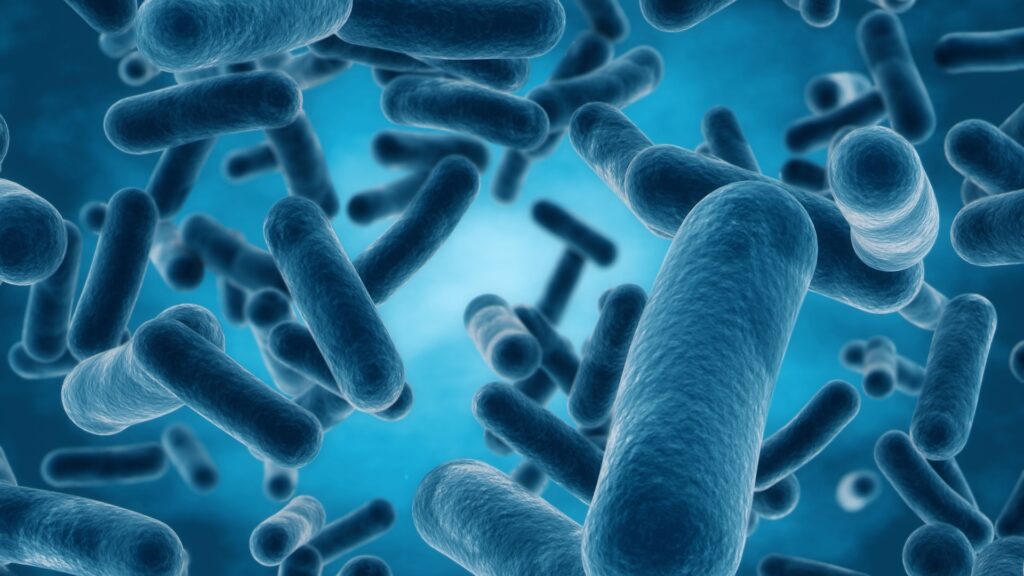Can a daily bowl of yogurt be the key to safeguarding your mental health? According to groundbreaking research from the University of Virginia School of Medicine, it just might. Their recent study reveals that a common bacterium found in fermented foods and yogurt, known as Lactobacillus, plays a pivotal role in managing stress, potentially as a preventive measure against conditions like depression and anxiety.
Delving into the Microbial World
In their study, researchers focused on isolating Lactobacillus from the vast array of microorganisms that make up our microbiota—the bacteria, fungi, and viruses naturally present in the human gut. This targeted approach marks a significant stride in understanding individual microbes’ roles, offering new possibilities for developing therapies for mental and physical diseases.

The Gut-Mood Connection
Lead researcher Alban Gaultier explains, “Our discovery illuminates how gut-resident Lactobacillus influences mood disorders by tuning the immune system.” This breakthrough could pave the way for innovative therapies addressing mental health concerns.
Microbiota and Well-Being
Our bodies naturally host diverse microorganisms forming the microbiota, which is crucial for immune system health, mental well-being, and overall health. Disruptions in the microbiota have been linked to various diseases, emphasizing the importance of understanding and regulating these microscopic inhabitants.

Crucial Role of Lactobacillus
Dr. Gaultier’s team adopted an innovative approach, focusing specifically on Lactobacillus. Their research identified how Lactobacilli, particularly in the Lactobaccillacea family, regulate the immune mediator interferon gamma—a vital component in stress response regulation and depression prevention.
Promise for Future Treatments
With this knowledge, scientists are now exploring novel ways to manage depression and related conditions where Lactobacillus plays a pivotal role. The prospect of specially formulated probiotic supplements to optimize Lactobacillus levels in patients with or at risk of depression holds promise for future treatments.

Researcher Dr. Andrea R. Merchak remarks, “With these results in hand, we have new tools to optimize the development of probiotics, which should speed up discoveries for novel therapies. Most importantly, we can now explore how maintaining a healthy level of Lactobacillus and/or interferon-gamma could be investigated to prevent and treat anxiety and depression.”
The study’s findings are published in the journal Brain, Behavior, and Immunity, offering a glimpse into a potential breakthrough in mental health management through the power of yogurt.
The study is published in the journal Brain Behavior and Immunity.




